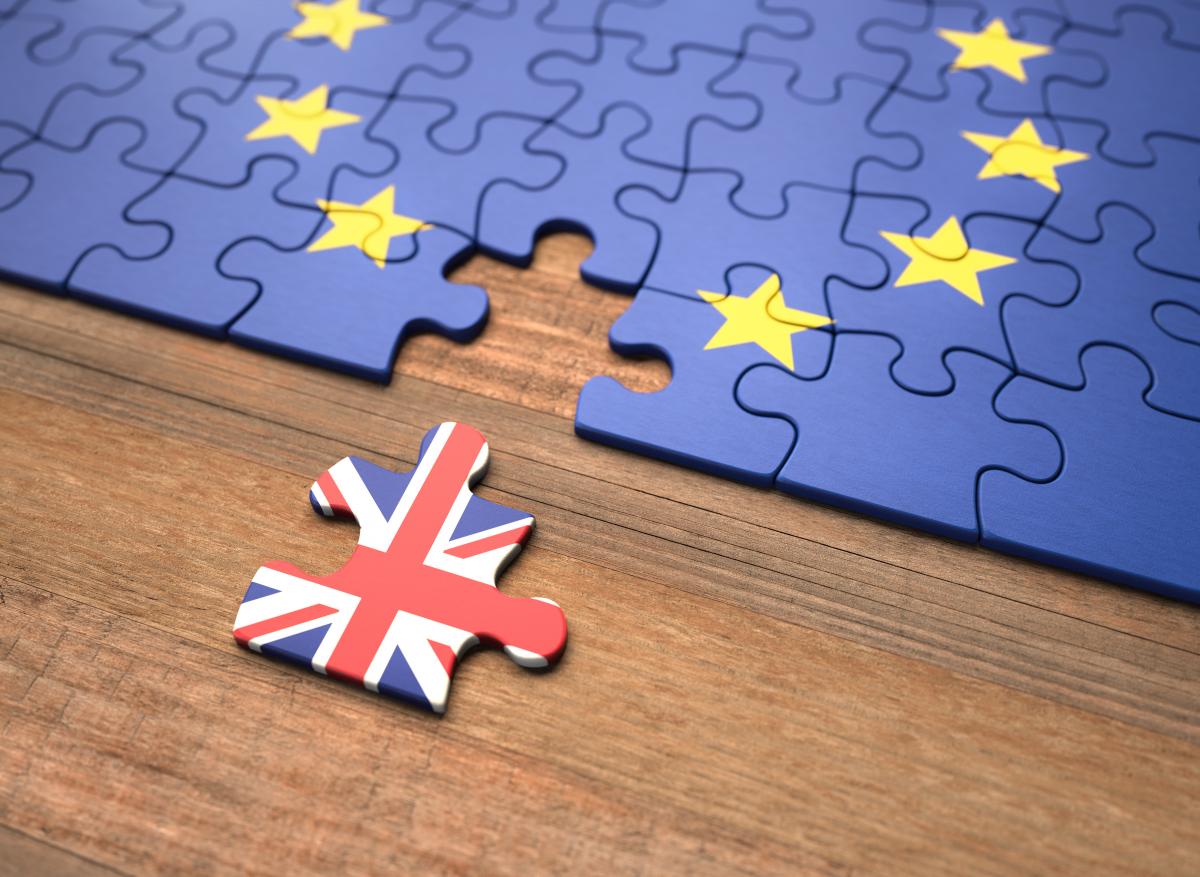
The European STOXX 600 Index rose by 3.60% (2.80% in US$ terms). The diminished prospect of a “No-deal” Brexit and easing global trade tension provided better support for the markets over September.
The economic data of Eurozone remains poor, Markit Eurozone manufacturing PMI worsened to 45.7 in September, staying in the contraction zone for 8 consecutive months. The leading indicator of Eurozone economy, Economic Sentiment Indicator in Eurozone, worsened by 1.4 to 101.7 in September, continuing the downtrend from late 2017. Growth stays sluggish and shows poor signs of improvement, domestic demand is expected to be limited reflecting the continued stagnant economy in the Eurozone.
As for the never-ending Brexit matters, UK prime minister Boris Johnson claimed he has prepared a plan to resolve the “Irish Backstop”, though sources say the EU authorities are going to reject the proposal as it does not actually solve the issue. With the deadline for Brexit closing in, although the Benn Act is in place to force Johnson to request for an extension from the EU in the case of a “No-deal” Brexit, we are still not yet certain how the events will unfold. We have no idea if Johnson will be able to strike a deal with the EU, will he try to push for a hard Brexit, or if there will be a no-confidence vote alongside a caretaker government to delay the Brexit deadline. With all the uncertainties, we suggest investors to stay vigilant and prepare for all possibilities.
Moving on to the monetary policy, while the ECB’s rate cut of 0.1% from -0.4% to -0.5% was widely anticipated and mostly priced in over the month, the restart of asset purchase was a pleasant surprise, with the total amounting to EUR 20 billion per month starting from November. The central bank also introduced a tiered deposit rate to help out European banks. That said, while additional liquidity could provide support to the market, geopolitical factors and the sluggish growth in the Eurozone would likely continue to drag the market down in the last quarter of the year.

